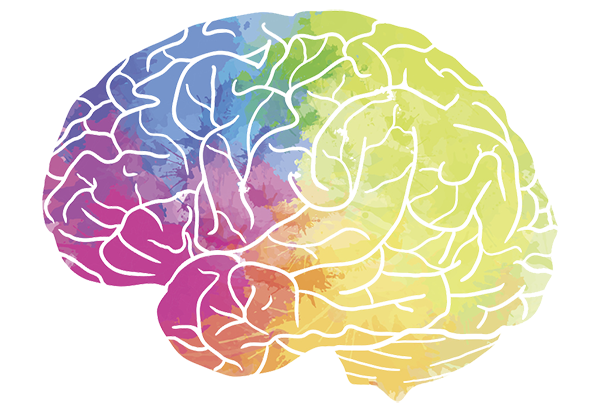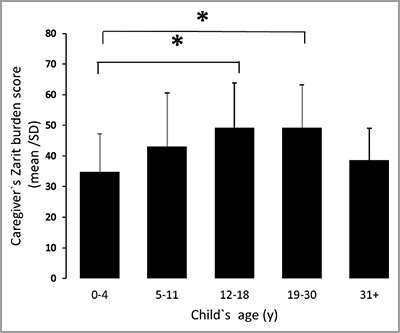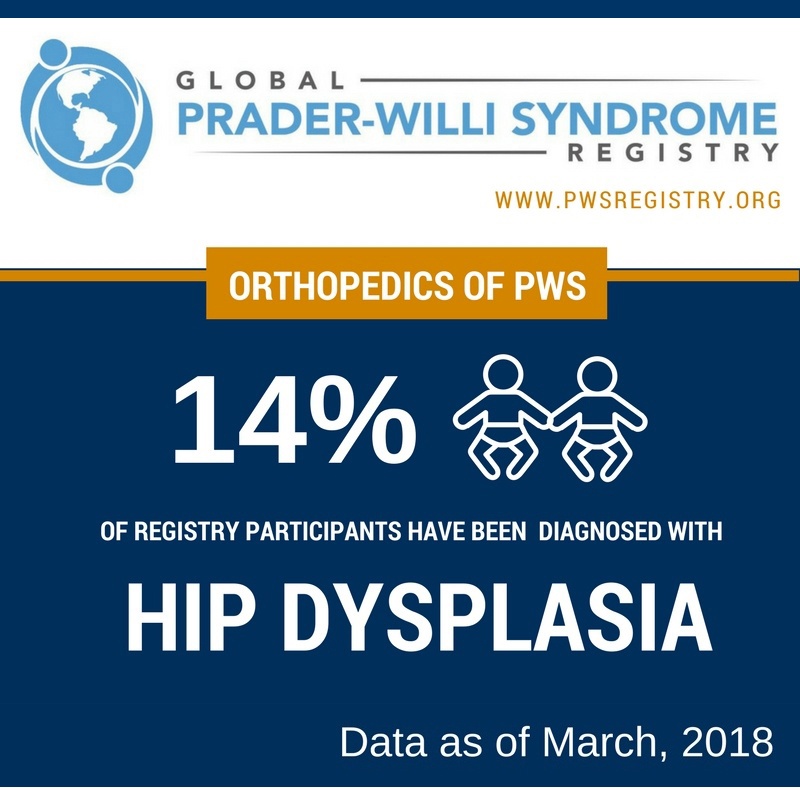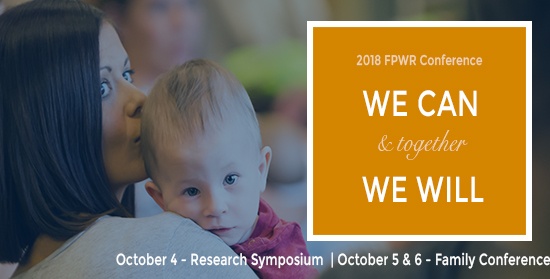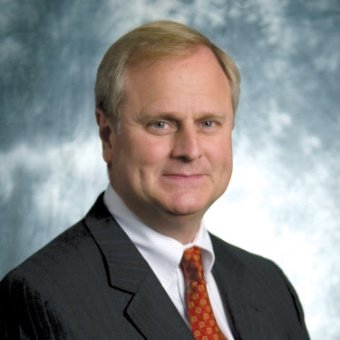Topics: Research
FPWR is partnering with Autism BrainNet to collect and study post-mortem brain donations. Through this partnership, we aim to raise awareness about the importance of post-mortem brain donation, streamline the donation process for families, and enhanc...
Many thanks to Dr. Wevrick for contributing to this blog. A newly published study has shown that mice taking a diazoxide treatment lost weight, and that this occurred even in mice lacking the PWS-region gene, Magel2. The study, which is the first lon...
Topics: Research
PWS places a high burden on caregivers, impacting many aspects of their lives, according to a new publication in PLOS. The publication, High Levels of Caregiver Burden In Prader-Willi Syndrome, is the first stemming from the work of the PWS Clinical ...
Topics: Research
Many people with PWS have at least one orthopedic (bone/muscle) problem. A recent paper examines the how often hip dysplasia occurs in children with PWS (spoiler alert — it may happen more often than was previously thought), and offers new recommenda...
Topics: Research
A special contribution by guest blogger Marissa Marinan Marissa shared her story via our Stories of Hope questionnaire.
Topics: Stories of Hope
As my second month in my new role as FPWR's CEO concludes, I would like to reflect on some of my early observations and experiences with this truly incredible Prader-Willi community. During the short time I've been in this role, I've met or spoken wi...
Topics: Stories of Hope
Dr. Christian Schaaf and his group, in collaboration with Dr. Jennifer Miller, has published a new study examining clinical similarities and differences between Prader-Willi syndrome (PWS) and Schaaf-Yang syndrome (SYS). Dr. Schaaf was the first to d...
Topics: Research, Schaaf-Yang Syndrome
Researchers are making progress every day toward FPWR's mission of eliminating the challenges of PWS and advancing therapeutic development. When their discoveries are published, that's an exciting moment for our community! So far in 2018, two notable...
Topics: News




